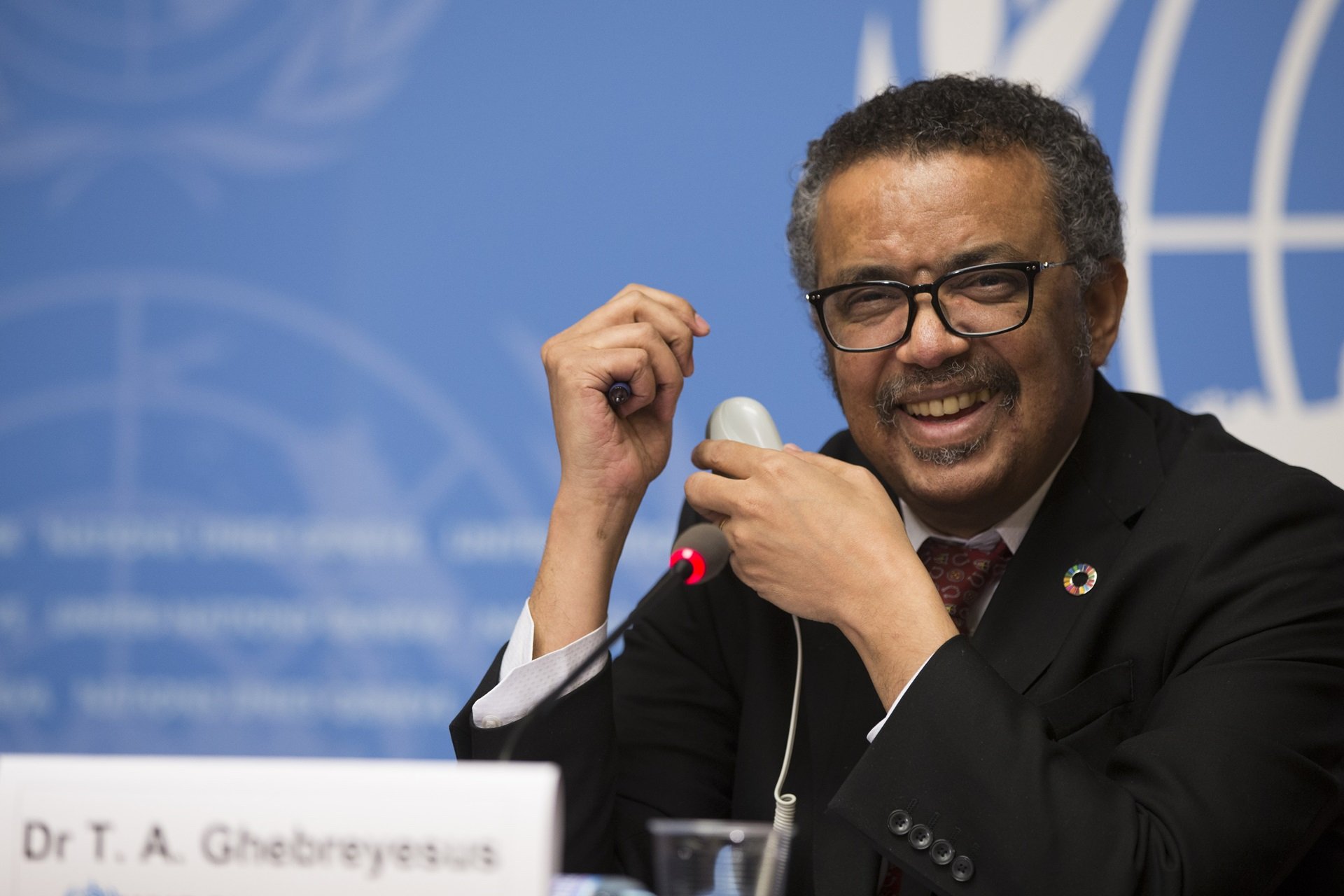World Health Organization defends global equity in Health and Finance
Brazil’s G20 presidency has received support from WHO Director-General Tedros Adhanom for its health, technology and financial sustainability priorities. Adhanom expressed confidence in Brazil's leadership and highlighted the country’s commitment to the health technology transfer program

Brazil’s G20 presidency presented its priorities during recent participation in the Advanced Global Health and Health Diplomacy Seminars attended by World Health Organization (WHO) Director-General Tedros Adhanom; Brazil’s Minister of Health Nísia Trindade; and by the president of the country’s Institute of Applied Economic Research (Instituto de Pesquisa Econômica Aplicada/Ipea) Luciana Mendes Santos Servo. Perspectives were presented on how the G20 and international integration may contribute to the debate on public policies. Tedros expressed his confidence in Brazil’s leadership, and highlighted its commitment to the health technology transfer program.
In 2021, at the height of the COVID-19 pandemic, the Joint Finance and Health Task Force was created as a global response to strengthen Prevention, Preparedness and Response (PPR) to pandemics according to WHO One Health approach principles. With support from the World Bank, the Task Force has already played an important role by leading to the 2022 creation of the Pandemic Fund focused on strengthening low- and middle-income countries.
The experience of Brazil’s Unified Health System (Sistema Único de Saúde/SUS) was highlighted as a model for other countries. These discussions address global health and health diplomacy in the G20, reflecting on the priorities and challenges faced in the field, with potential contributions by SUS.
Adhanom praised Brazil's commitment to building a legacy based on successful experiences such India’s. Digital health was highlighted as key to expanding access in remote areas. The Director-General also applauded Brazil's focus on climate change, pledging to work alongside the country to keep health a pillar in discussions on global climate change.

